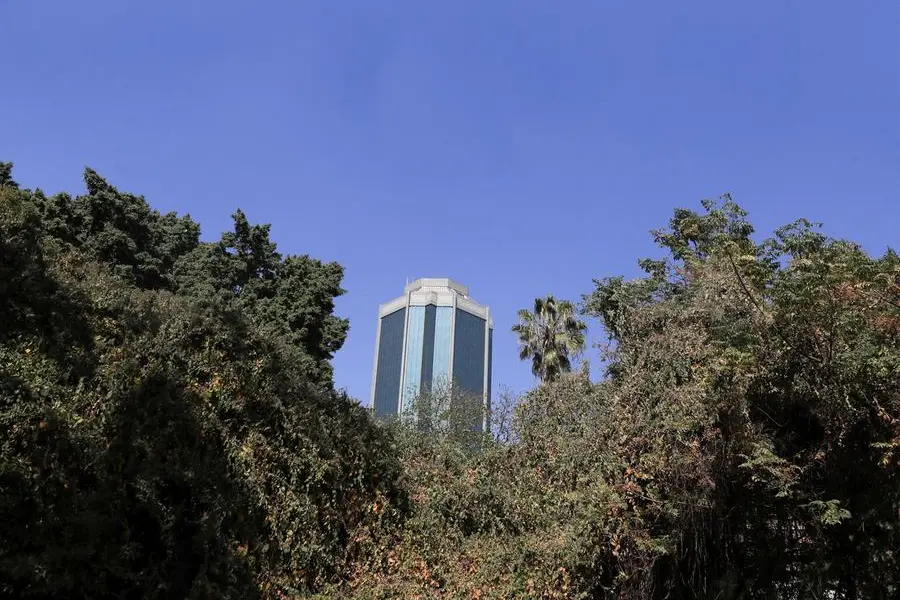PHOTO
Zimbabwe's government will stick to what it promised when it launched a new currency in April by ensuring it remains fully backed by reserves, the central bank governor told Reuters on Wednesday, adding that was the only way to build trust.
The new currency, called Zimbabwe Gold or ZiG for short, is the southern African country's sixth attempt at a local currency in 15 years after a bout of hyperinflation under former leader Robert Mugabe.
The last currency, the Zimdollar, fell 80% in the three months before it was scrapped, and authorities face an uphill battle to convince a sceptical population to stop transacting in foreign currencies.
"Confidence can only come with us walking the talk," Governor John Mushayavanhu said in an interview, referring to the central bank's commitment not to print money to finance government spending, which drove previous currency collapses.
He said the government had a plan until 2030 to increase use of the ZiG and build up gold and foreign exchange reserves, which stood at $285 million when the currency was launched and now exceed $380 million.
The ZiG is currently used in about 20% of local transactions, compared with 80% for foreign currencies.
"We want to gradually tilt that ratio to 70:30 by year-end or 60:40 thereafter, until we get to a situation where everybody is indifferent as to which currency they are using. This is the roadmap," Mushayavanhu said.
Although the government says use of the ZiG is rising, there are widespread reports of shortages of the currency in shops.
Mushayavanhu said enough ZiG notes had been printed to satisfy public demand and that the bank's reserve accumulation strategy could accelerate as commodity prices rise.
The central bank has been converting royalties paid by mining companies into gold and is targeting 3 tons of gold in its reserves by year-end, up from 2.5 tons in April.
Mushayavanhu said authorities expected inflation to end the year around 5%, versus an International Monetary Fund estimate of 7%.
"For the first time our numbers are almost aligned to those of the IMF," he said. "Let's embrace our new currency and make it work."
(Reporting by Nyasha Chingono; Editing by Kopano Gumbi, Alexander Winning and Mark Potter)




















